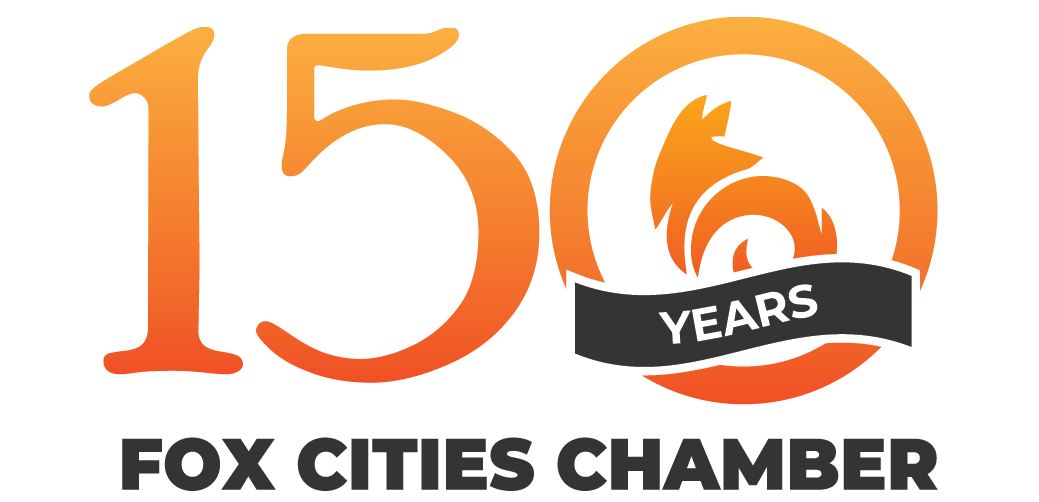On February 14th, you’ll have a chance to meet some of the candidates running for State Supreme Court in Wisconsin. The Primary Election is one week later, so this is a great time to hear what their views are prior to casting your vote.
Current-Justice Patience Roggensack is retiring from the court when her term ends this summer, so that has opened up this seat to several candidates interested in replacing her. Every election is important, but this could swing the ideological balance of the court for a few years.
Currently, conservative leaning justices control the court 4-3, with Justice Roggensack in the majority. Should a liberal candidate win, that would give them a majority for the first time in over a decade.
The conservative candidates include former-Justice Daniel Kelly, who lost his seat in the 2020 election, and Waukesha County Judge Jennifer Dorow. Dorow is known for presiding over the Waukesha Christmas Parade Attack trial.
The two liberal candidates are Dane County Judge Everett Mitchell and Milwaukee County Judge Janet Protasiewicz. Mitchell has been on the Dane County Court since 2016 and Protasiewicz has been on the Milwaukee County Court since 2014. The top two vote getters from the February 21st primary election will move on to the general election in April.
Fundraising numbers were just released this week, with Proasiewicz leading the pack and raising almost $800,000 over the last half of 2022. Kelly and Dorow each raised around $300,000, while Mitchell raised less than $100,000.
The Chamber is hosting this panel on Tuesday February 14th from 7:30 AM – 9:00 AM at Fox Cities Stadium.
Legislature Takes First Votes This Week
Now that inauguration has passed, the Wisconsin Legislature was on the floor debating the first pieces of legislation of the 2023-2024 session. Both items passed are topics you will get to have a direct say on in April.
Senate Joint Resolution 2 is a constitutional amendment that, if approved by the voters, will allow judges to take in more considerations when deciding to give bail to a criminal defendant. The current constitutional language restricts what judges can take into consideration. The legislature passed this with a bipartisan majority.
Senate Joint Resolution 4 is an advisory referendum that will ask voters if the state should require able-bodied, childless adults to look for work in order to receive taxpayer-funded welfare benefits. This was also passed with a bipartisan majority. Advisory referendums allow the legislature to test the mood of the voting public, but have no binding effect on any future legislation the Senate and Assembly may or may not pass.

